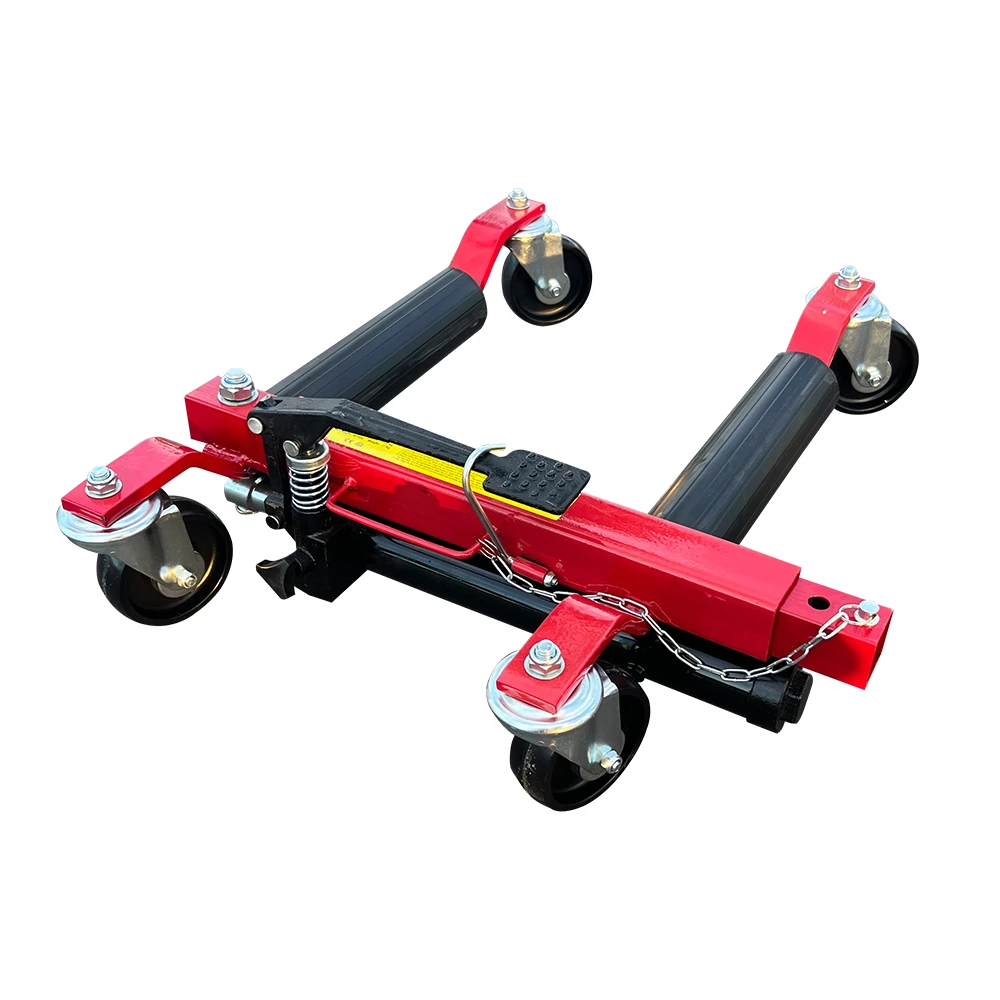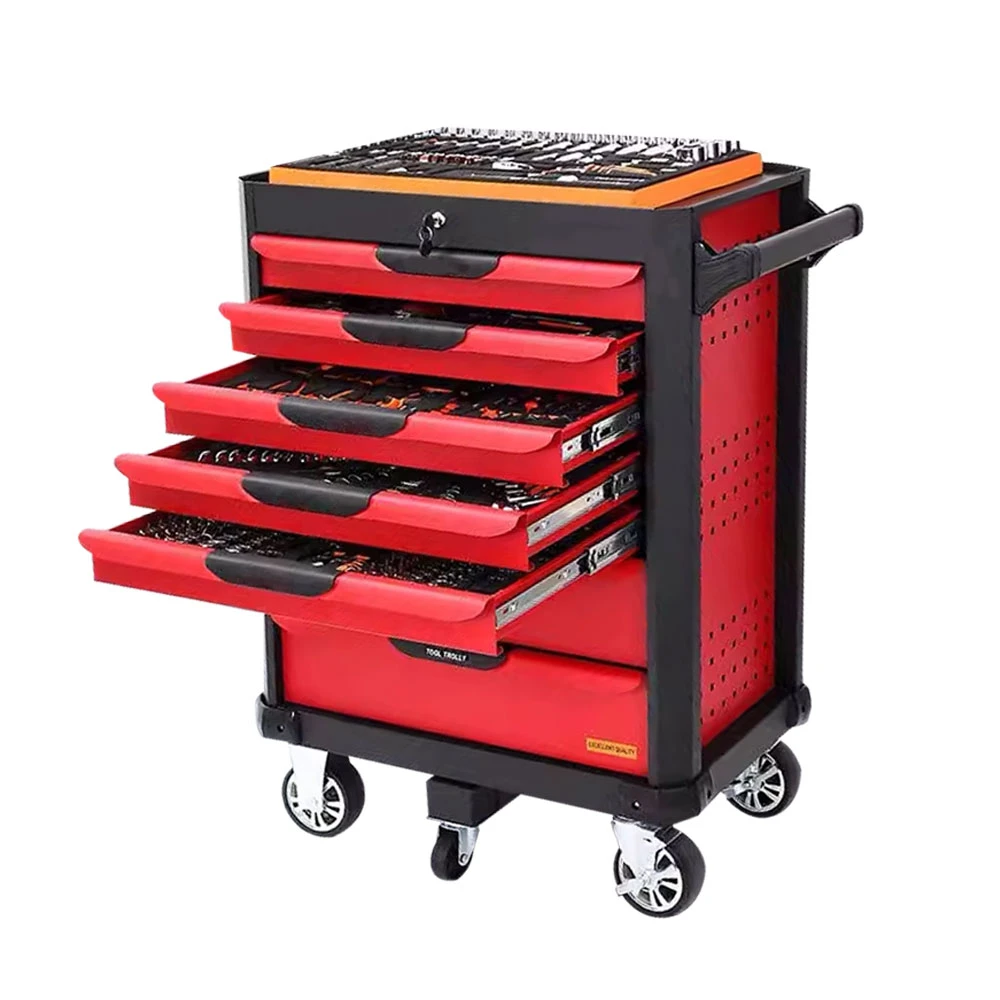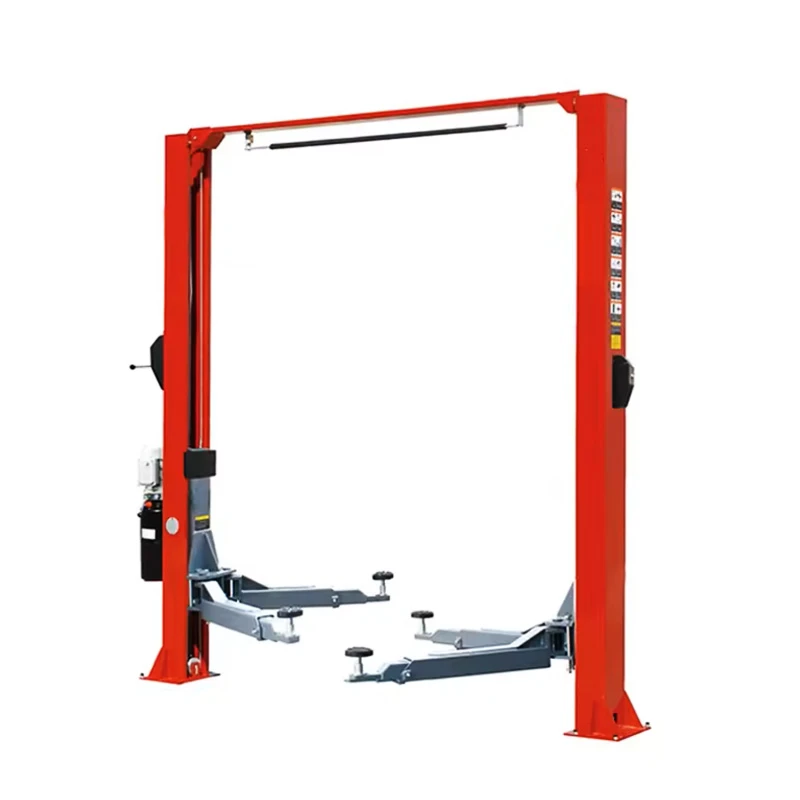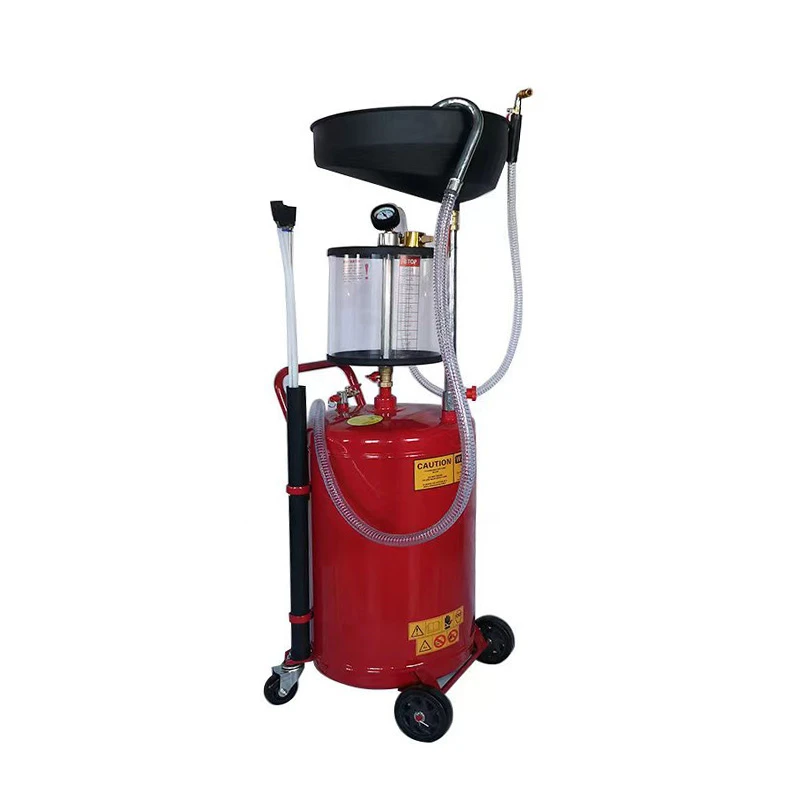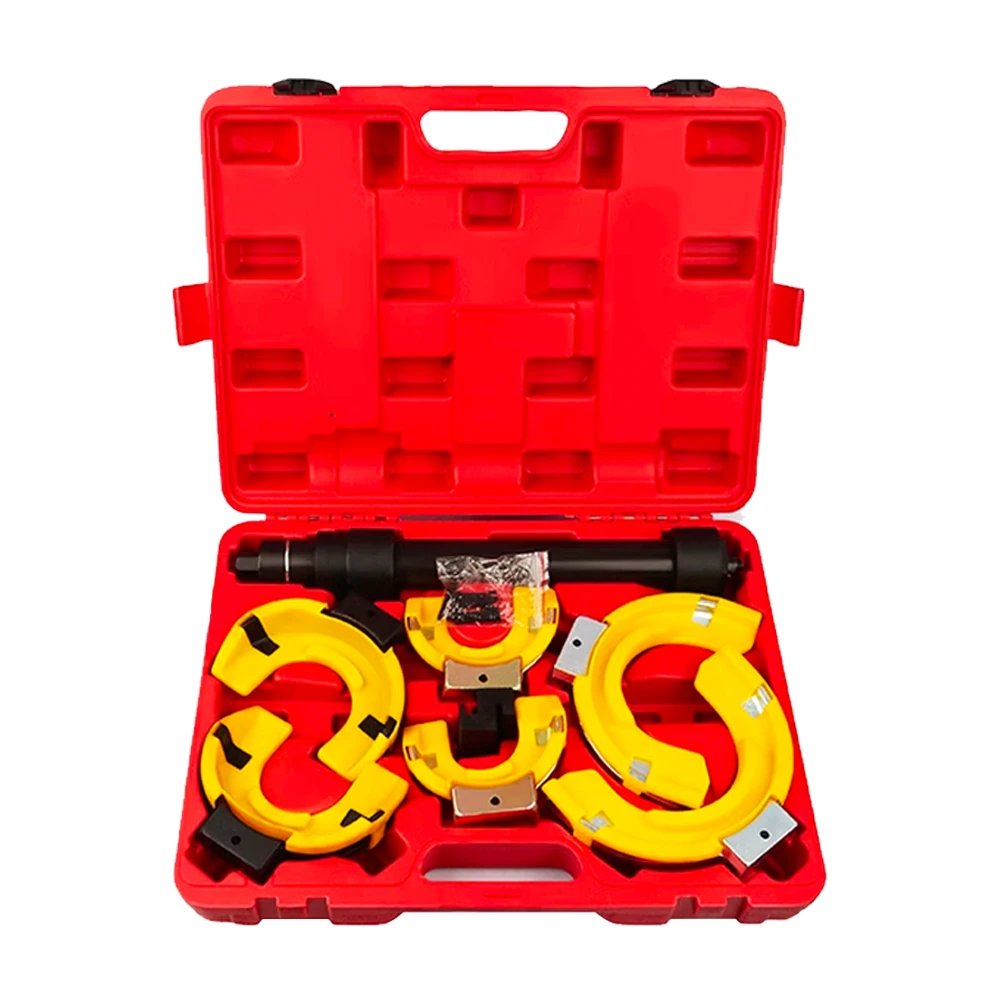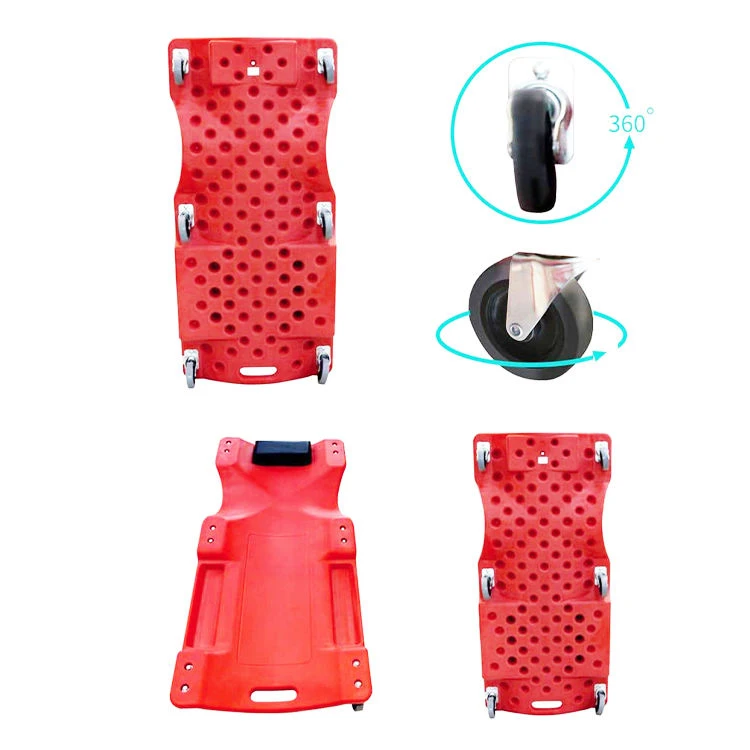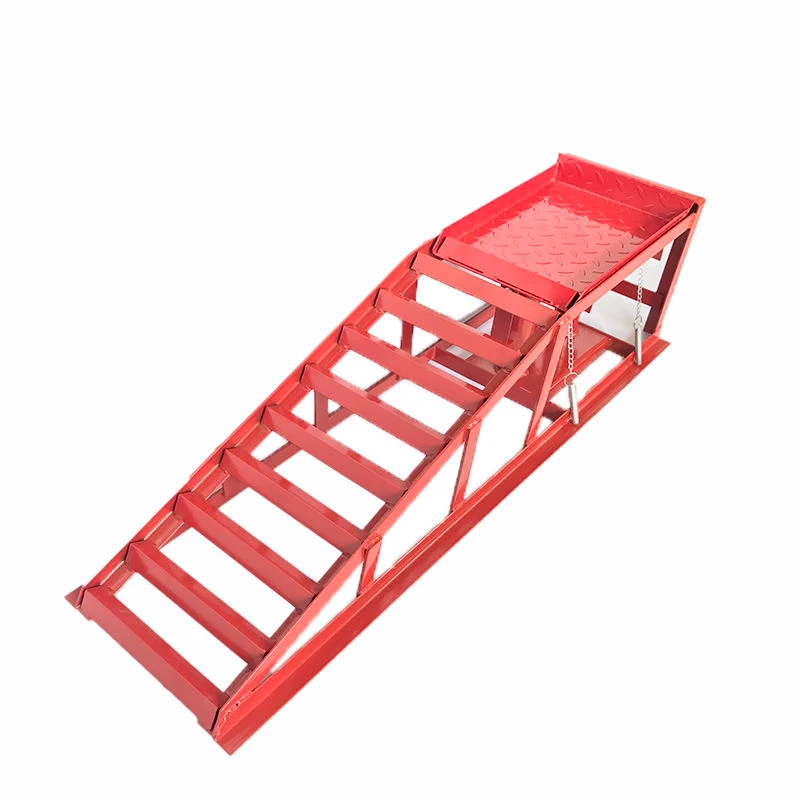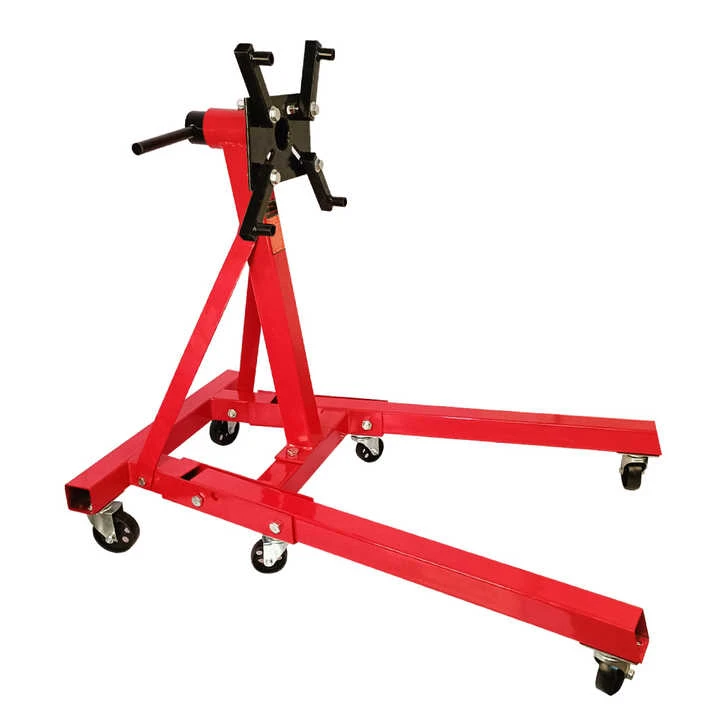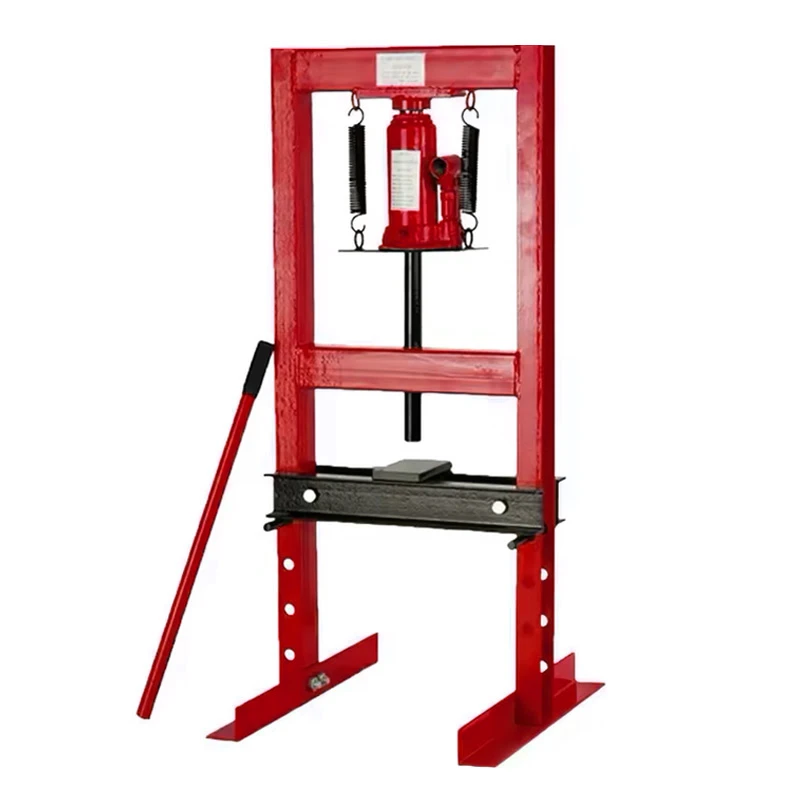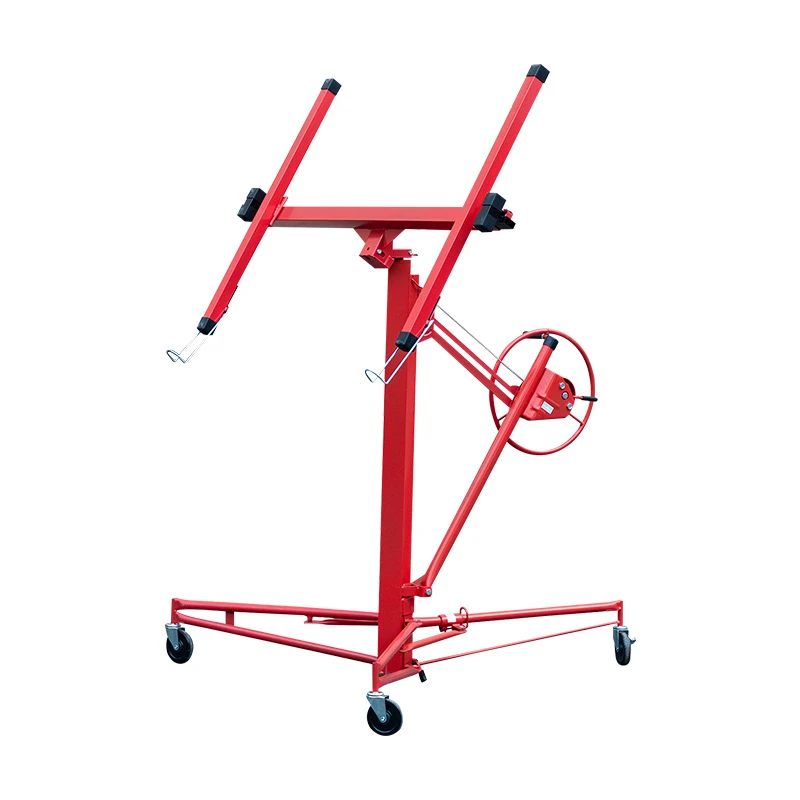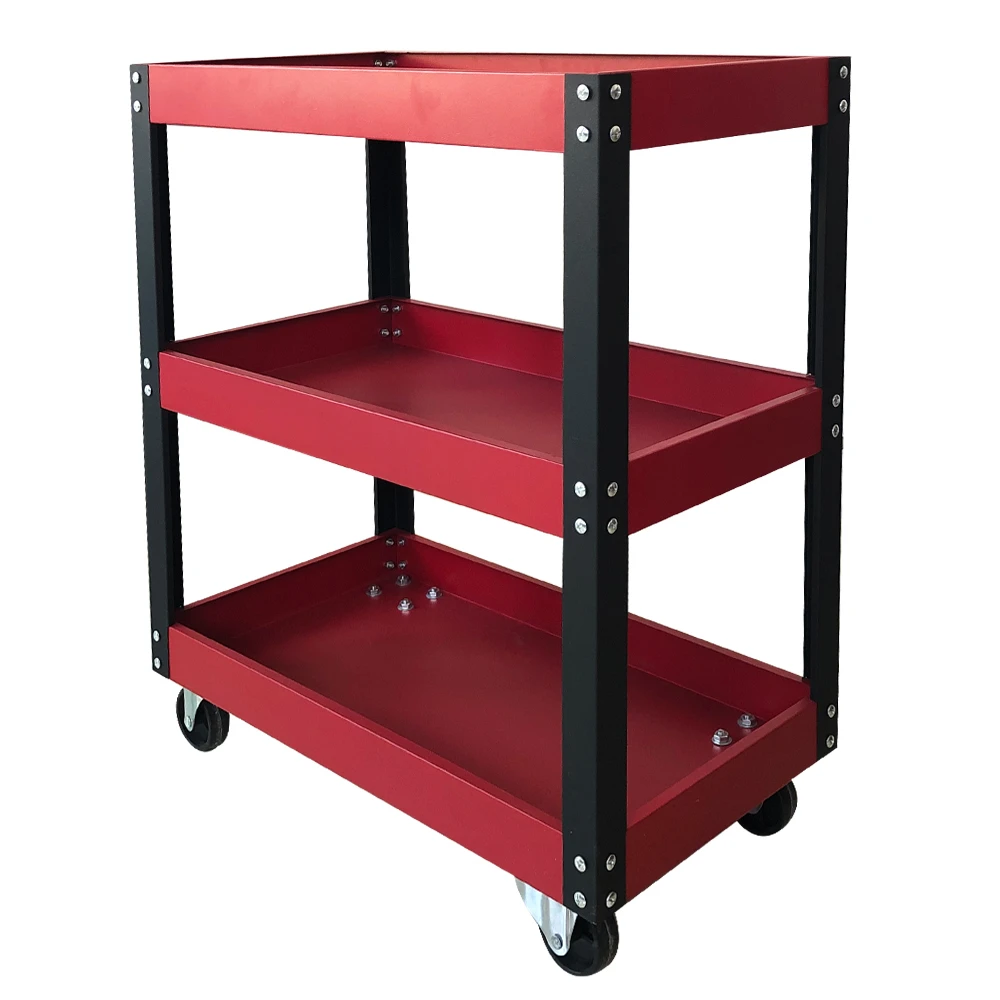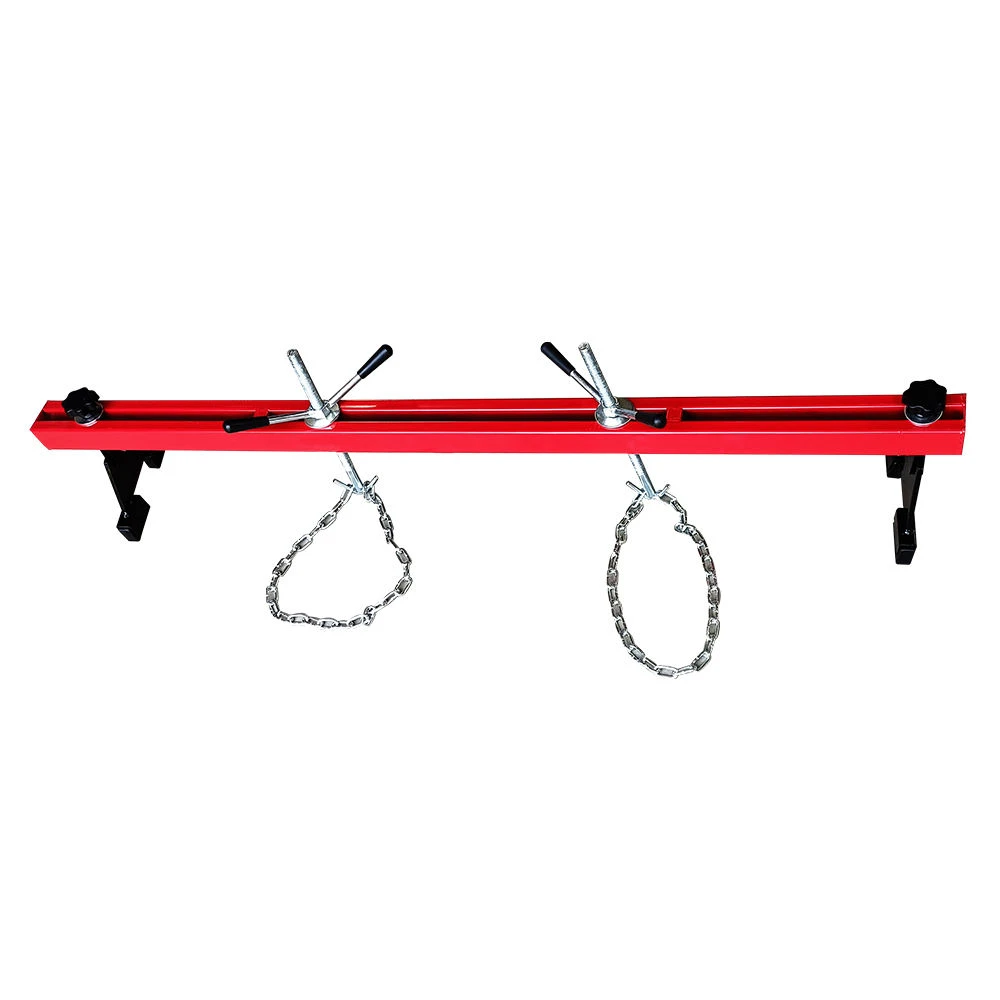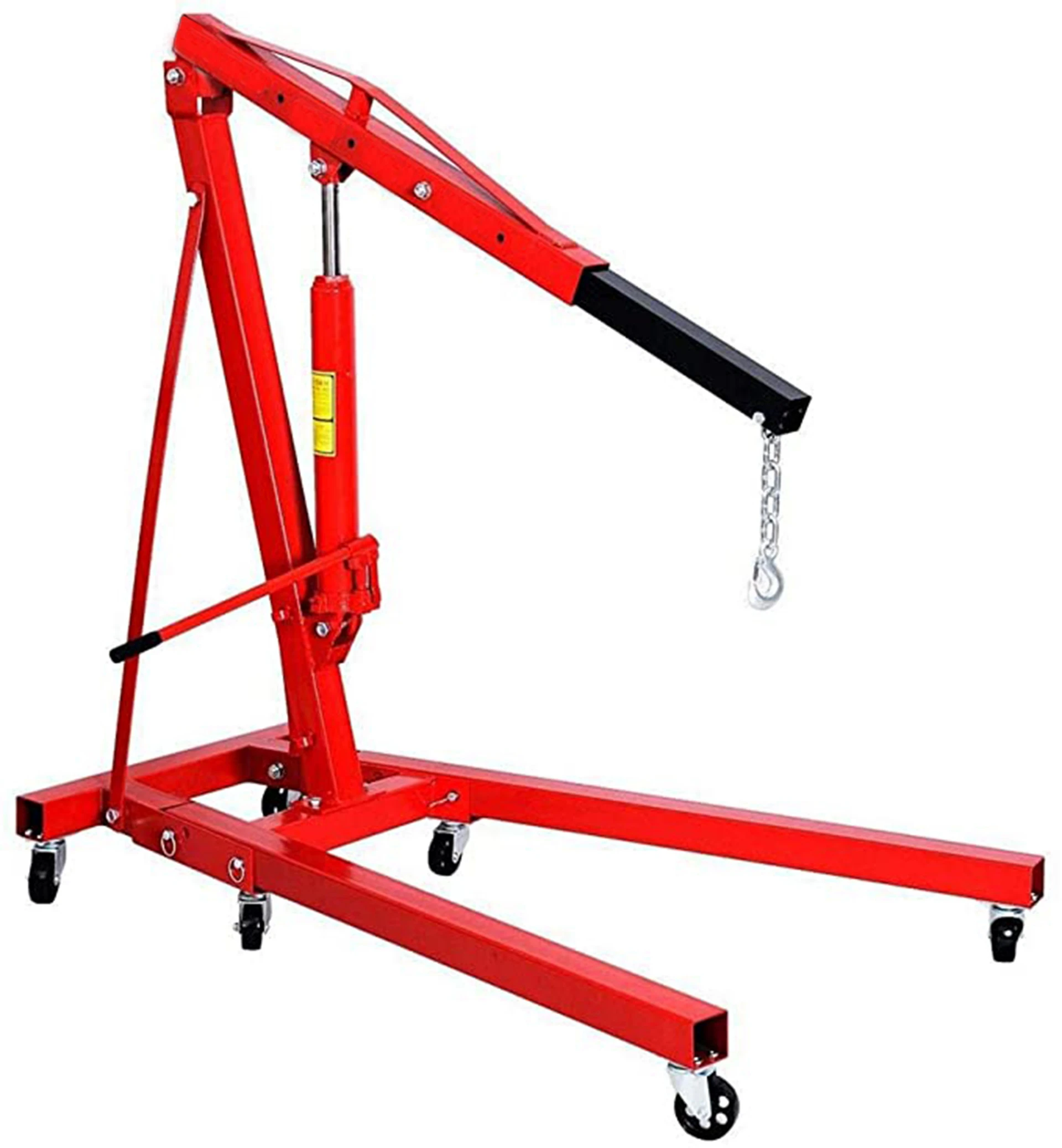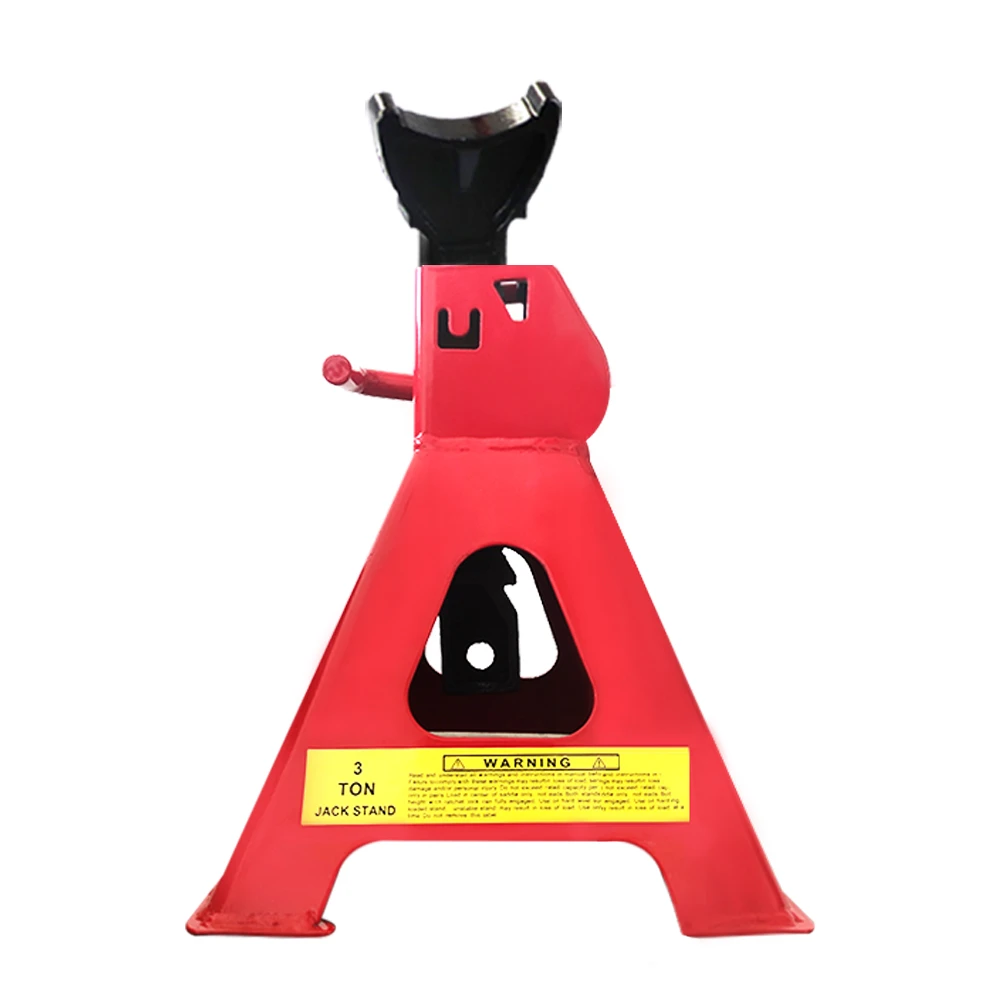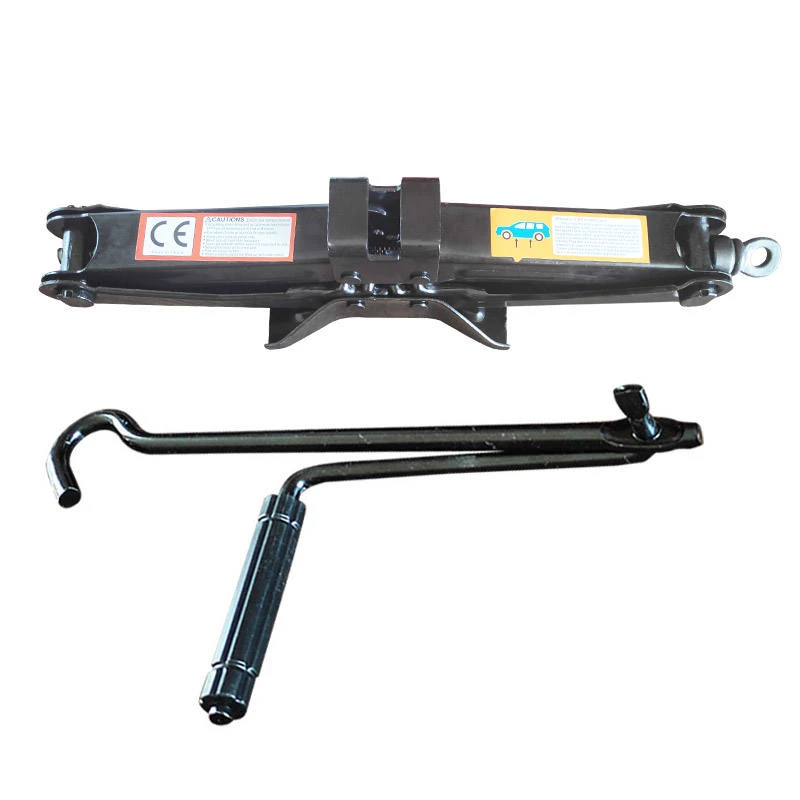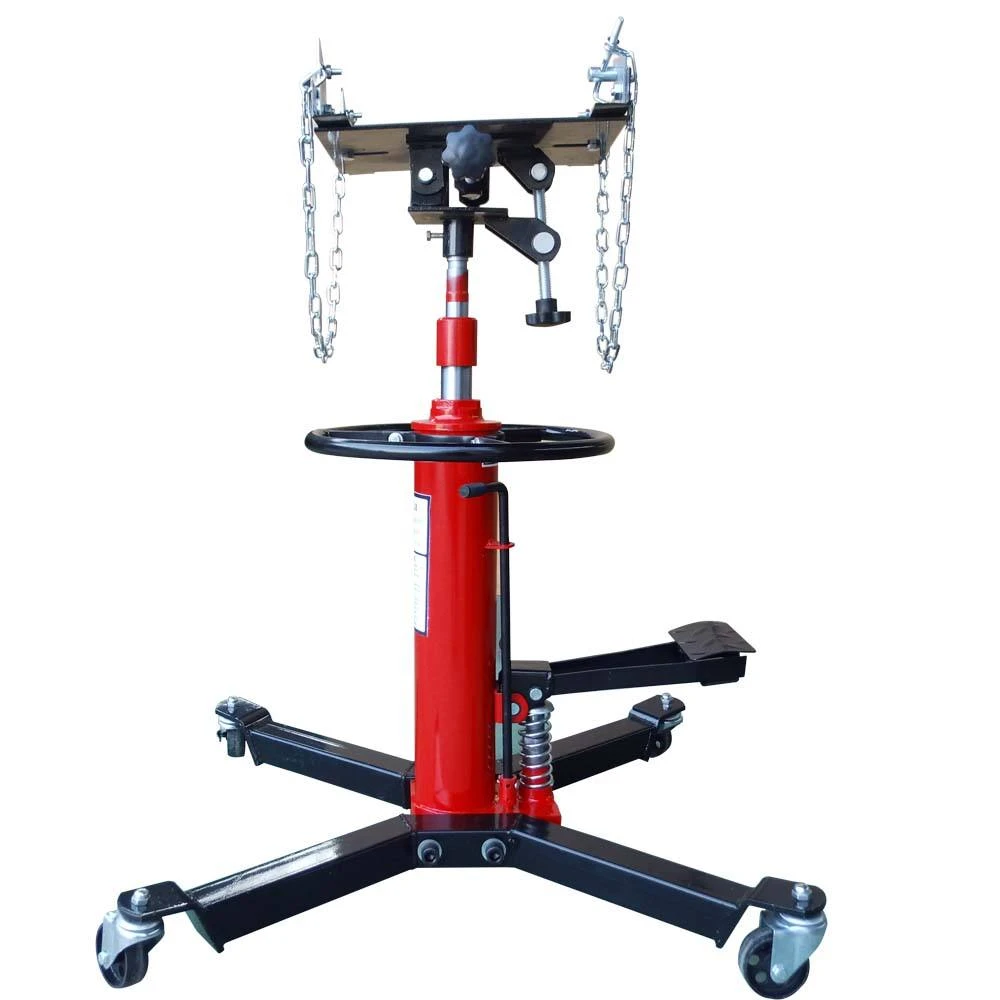1 月 . 25, 2025 22:27
Back To List
2 post lift car lift
Experiencing issues with a hydraulic floor jack that won’t lift can be both frustrating and inconvenient, especially when you need to perform essential maintenance on your vehicle. Understanding why your hydraulic jack isn't working and how to troubleshoot it can be crucial for any car enthusiast or home mechanic. At the heart of this issue is a combination of common mechanical problems and user errors.
4. Pump Malfunction The pump is integral to the jack's hydraulic function, and if it malfunctions, the jack won’t lift. Check to make sure the pump operates smoothly without unusual resistance or noise. Problems can often stem from worn-out seals or internal damage. In such cases, a comprehensive inspection and possible replacement of pump components by a qualified professional may be necessary. 5. Excessive Load Every hydraulic jack has a specified lifting capacity, exceeding which can lead to mechanical failure or even safety hazards. Always select a jack appropriate for the weight of the load you intend to lift. Consult your jack’s manual and vehicle weight specifications to ensure compatibility. For best practices in jack maintenance to prevent potential issues, consider employing the following expert tips - Regularly inspect your hydraulic jack for any signs of wear and tear. Look for leaks, cracks, and rust on the body and components. - Store the jack in a dry environment to prevent rust and ensure longevity. Clean it regularly to remove any debris and maintain smooth operation. - When not in use, release the pressure in the hydraulic system to avoid unnecessary stress on the components. - Familiarize yourself with the manufacturer’s manual and adhere to the operational guidelines provided for optimal safety and performance. Understanding and implementing these practices helps establish trustworthiness and reliability in tackling issues related to non-lifting hydraulic jacks. With proper maintenance and care, these tools can provide years of safe and efficient service. In essence, ensuring that your hydraulic floor jack functions correctly is not just about immediate troubleshooting but also involves consistent care and knowledge. Whether you are a seasoned professional or an occasional DIY mechanic, taking the time to understand your floor jack's operation and maintenance can extend its life and enhance your confidence in its reliability.
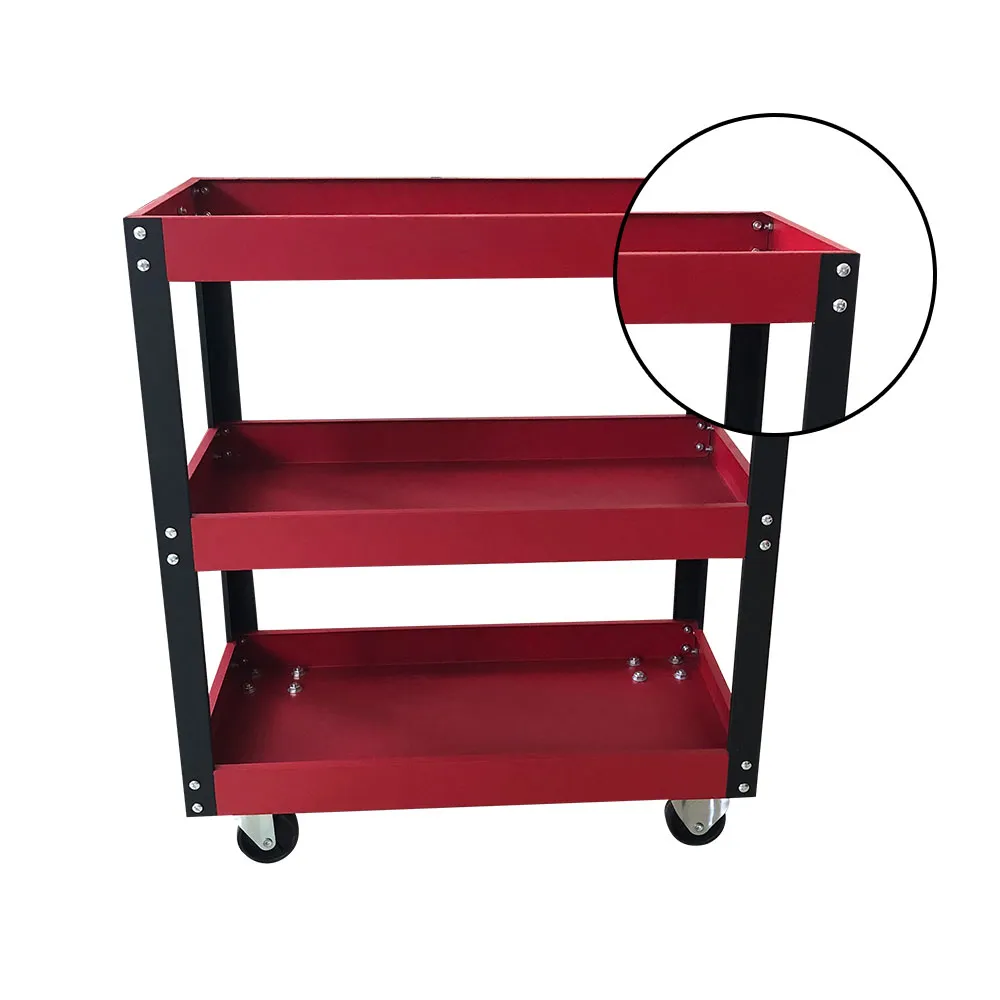
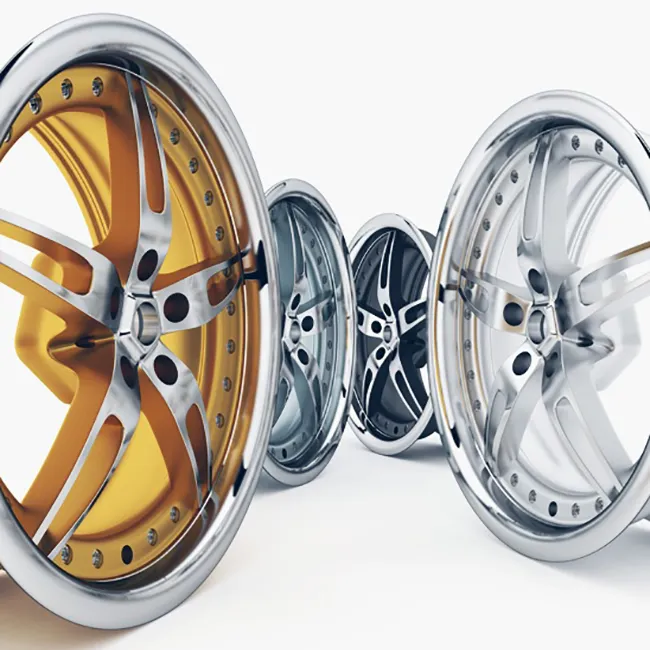
4. Pump Malfunction The pump is integral to the jack's hydraulic function, and if it malfunctions, the jack won’t lift. Check to make sure the pump operates smoothly without unusual resistance or noise. Problems can often stem from worn-out seals or internal damage. In such cases, a comprehensive inspection and possible replacement of pump components by a qualified professional may be necessary. 5. Excessive Load Every hydraulic jack has a specified lifting capacity, exceeding which can lead to mechanical failure or even safety hazards. Always select a jack appropriate for the weight of the load you intend to lift. Consult your jack’s manual and vehicle weight specifications to ensure compatibility. For best practices in jack maintenance to prevent potential issues, consider employing the following expert tips - Regularly inspect your hydraulic jack for any signs of wear and tear. Look for leaks, cracks, and rust on the body and components. - Store the jack in a dry environment to prevent rust and ensure longevity. Clean it regularly to remove any debris and maintain smooth operation. - When not in use, release the pressure in the hydraulic system to avoid unnecessary stress on the components. - Familiarize yourself with the manufacturer’s manual and adhere to the operational guidelines provided for optimal safety and performance. Understanding and implementing these practices helps establish trustworthiness and reliability in tackling issues related to non-lifting hydraulic jacks. With proper maintenance and care, these tools can provide years of safe and efficient service. In essence, ensuring that your hydraulic floor jack functions correctly is not just about immediate troubleshooting but also involves consistent care and knowledge. Whether you are a seasoned professional or an occasional DIY mechanic, taking the time to understand your floor jack's operation and maintenance can extend its life and enhance your confidence in its reliability.
Prev:
Next:
Products categories
Latest News
-
Unlock the Power of the Spring Compressor for Your Projects
NewsApr.01,2025 -
Unlock the Power of Safe and Efficient Compression with the Spring Compressor
NewsApr.01,2025 -
Unlock Maximum Efficiency with the Spring Compressor
NewsApr.01,2025 -
Maximize Efficiency and Safety with the Spring Compressor
NewsApr.01,2025 -
Discover the Efficiency of the 2 Ton Foldable Shop Crane: A Must-Have for Auto Repair and More
NewsApr.01,2025 -
Discover the Best Spring Compressor for Your Needs
NewsApr.01,2025 -
Unlock the Full Potential of Your Workspace with the Tools Trolley
NewsMar.21,2025
